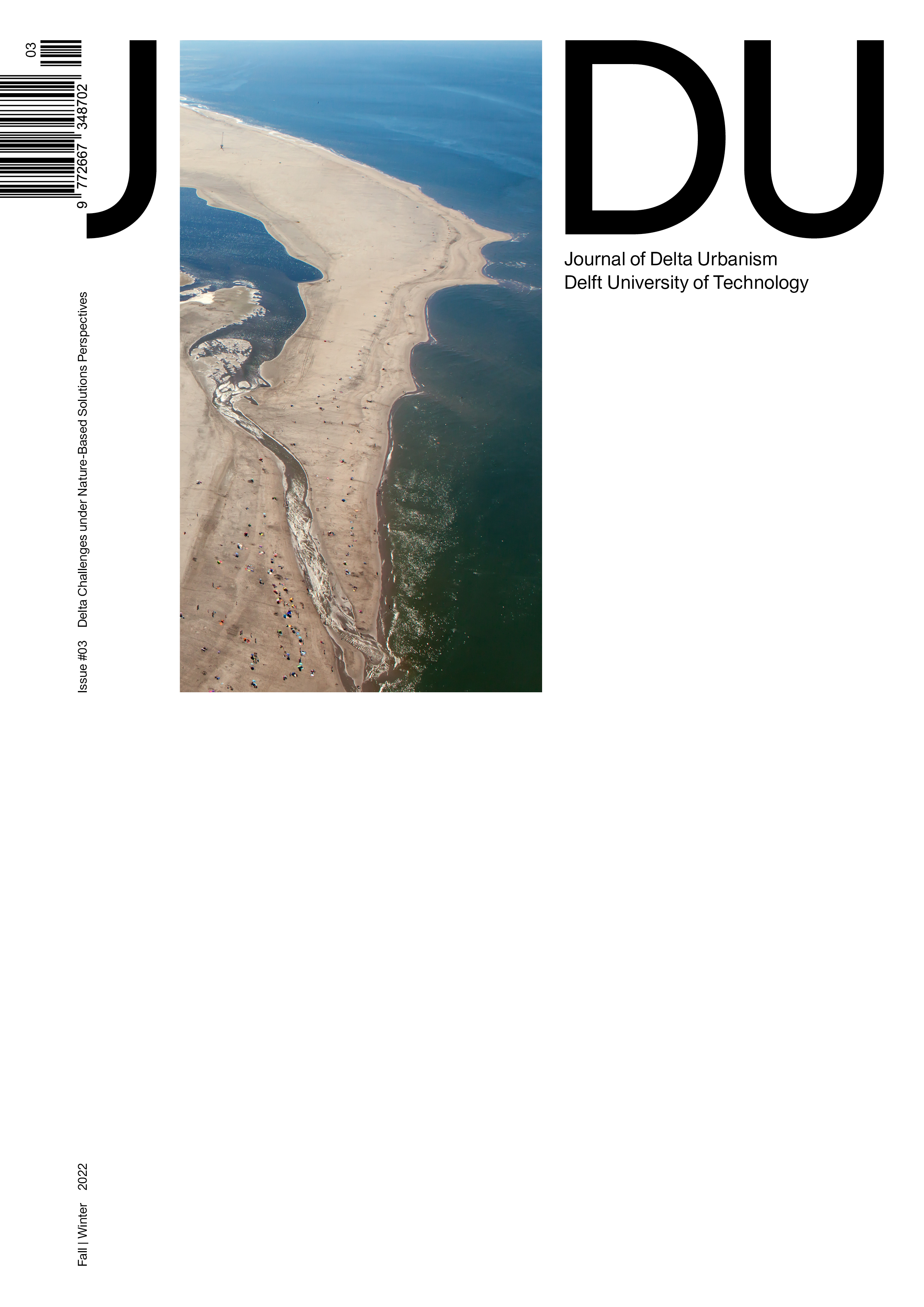Abstract
Looming crises demand viable territorial responses for their interdependent challenges. Approaching energy as a spatio-temporal project can reorient spatial planning and urban design to organise such responses. The current context of quickened ‘energy transition’ requires the investigation of the scaling-up of renewable energy so that the coming decades can compose socio-ecologically just alternatives in renewed urbanisation paradigms towards the 22nd century. Accordingly, the project proposes a conceptual tool and methodology for the transitional territories of operational energy landscapes in the Rhine Basin. First, it maps the evidence of non-renewable energy, then anticipates and assesses the ‘energy transition’ in its current and future landscapes, informing its territorial design. The project surpasses current dichotomies between the urban and rural, conservation and intervention, and nature and society, developing hybrid landscapes where technologies for mitigation, restoration and sustainability are grounded in the temporalities of the habitats for humans and more-than-humans. In other words, a reorganisation of the links between energy, food, and work into ecological frameworks. Moreover, it works as a platform that contributes with speculative spatial thinking to refresh the concept of sustainability, problematising the geopolitical project for the planet into a geological age of climate instability.

This work is licensed under a Creative Commons Attribution 4.0 International License.

